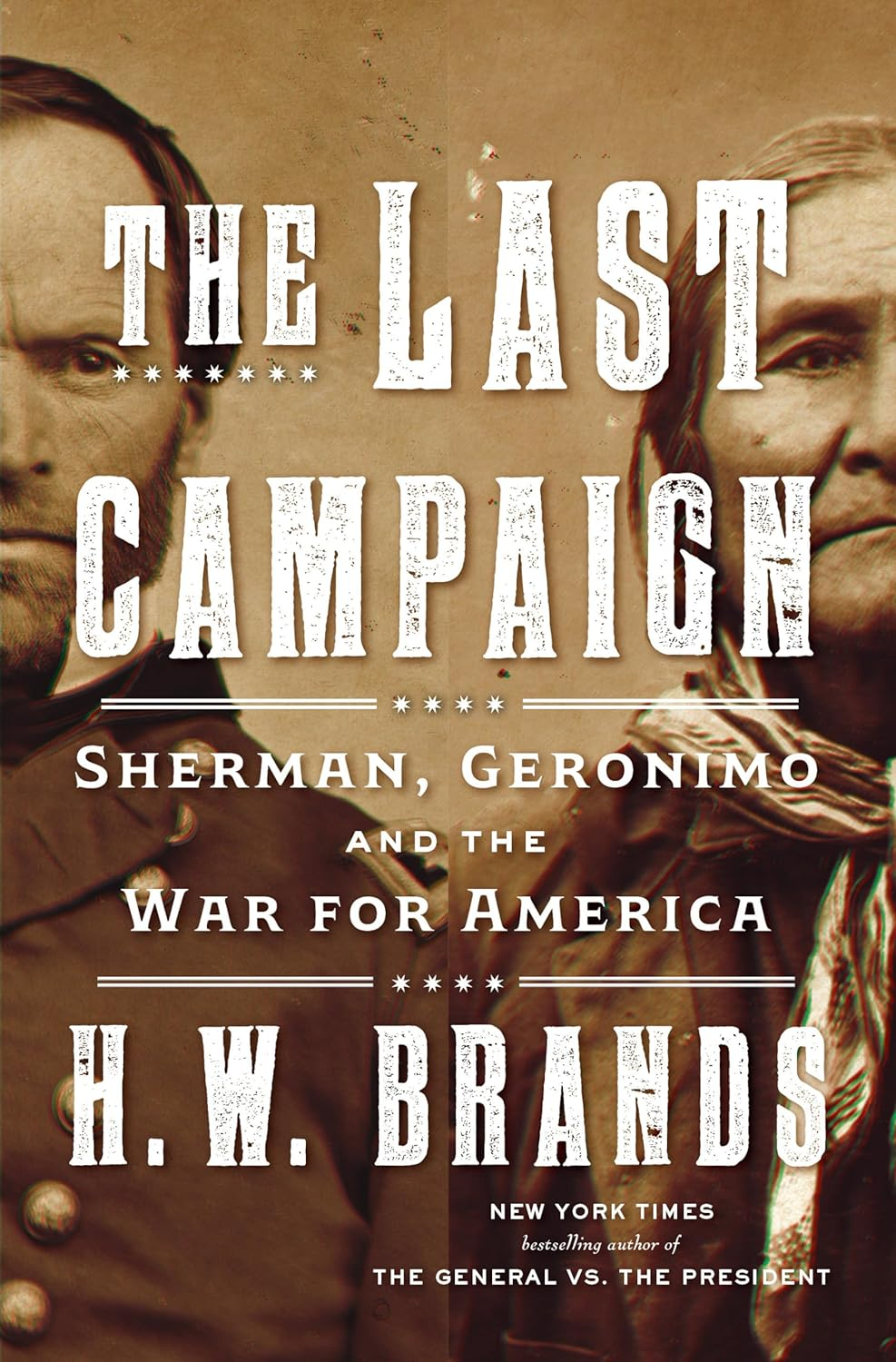Previous truces hadn’t held for long, and this one didn’t either. “Late one afternoon, when returning from town, we were met by a few women and children who told us that Mexican troops from some other town had attacked our camp, killed all the warriors of the guard, captured all our ponies, secured our arms, destroyed our supplies, and killed many of our women and children,” Geronimo said.
“Quickly we separated, concealing ourselves as best we could until nightfall, when we assembled at our appointed place of rendezvous—a thicket by the river. Silently we stole in one by one: sentinels were placed, and, when all were counted, I found that my aged mother, my young wife, and my three small children were among the slain.”
The slaughter of his family hit Geronimo like nothing before—or after, as things turned out. He was stunned. “There were no lights in camp, so without being noticed I silently turned away and stood by the river. How long I stood there I do not know.”
Eventually the survivors had to decide what to do. “When I saw the warriors arranging for a council I took my place,” Geronimo said. “That night I did not give my vote for or against any measure, but it was decided that as there were only eighty warriors left, and as we were without arms or supplies, and were furthermore surrounded by the Mexicans far inside their own territory, we could not hope to fight successfully. So our chief, Mangas Coloradas, gave the order to start at once in perfect silence for our homes in Arizona, leaving the dead upon the field.
“In battle, if the fight was hard, we did not wish much clothing. Each warrior carried three days’ rations.”
“I stood until all had passed, hardly knowing what I would do,” Geronimo said. “I had no weapon, nor did I hardly wish to fight, neither did I contemplate recovering the bodies of my loved ones, for that was forbidden. I did not pray, nor did I resolve to do anything in particular, for I had no purpose left. I finally followed the tribe silently, keeping just within hearing distance of the soft noise of the feet of the retreating Apaches.
The next morning some of the Indians killed a small amount of game and we halted long enough for the tribe to cook and eat, when the march was resumed. I had killed no game, and did not eat. During the first march as well as while we were camped at this place I spoke to no one and no one spoke to me—there was nothing to say.”
